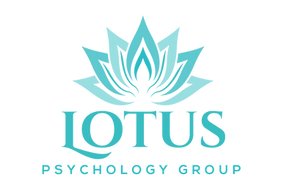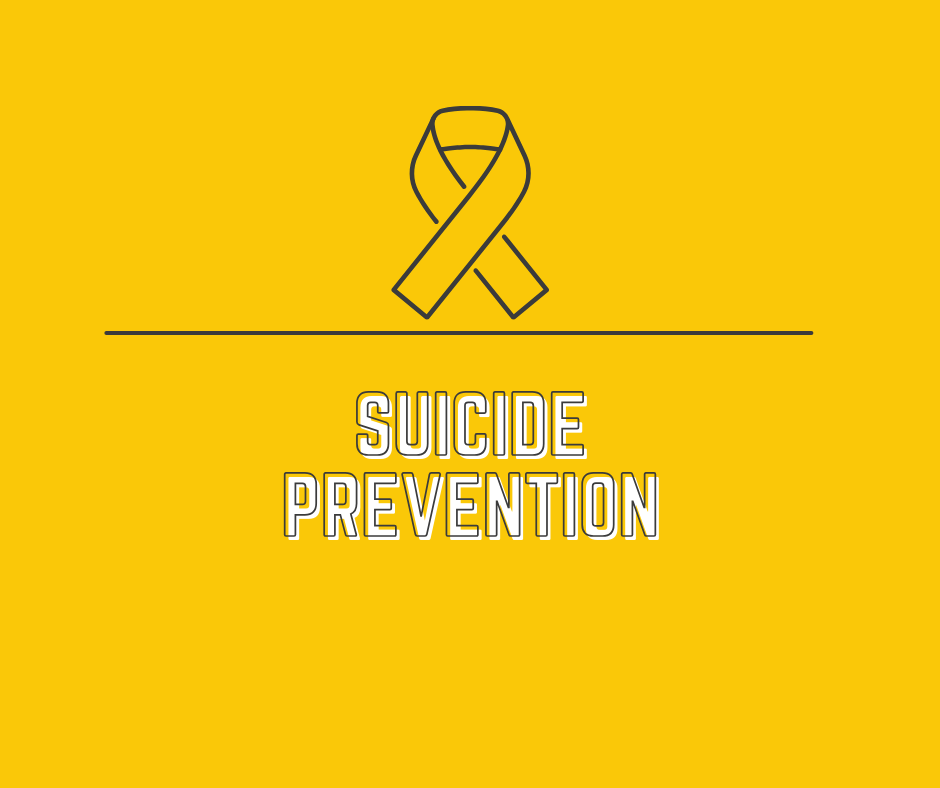When you hear emergency help lines, chances are you think about 911, but the first emergency call number, 999, was actually established by the UK in 1938. The US emergency 911 line first became active in 1968, and both numbers are still in use today. These three-digit numbers are easy to remember, so even very young children know who to call for help. Despite the necessity and efficacy of these emergency numbers to provide quick access to urgently needed care, calling 911 isn’t always the best option. Mental health care needs are often not adequately met by 911 and the emergency resources provided through this number. For this reason, the US created an emergency resource just for those who are experiencing mental health crisis. 988, like other emergency numbers, was chosen to be easily remembered. In this blog, you can learn more about this new help line as well as what to expect if you need to call. The holidays are fast approaching, and this time of year can be difficult for many people. If you’re in need of support during the holidays or throughout the year, don’t hesitate to reach out to 988 or the Lotus Psychology Group team.
What Is 988?
988 is an emergency resource hotline designed to put people in contact with local therapy resources, support groups, in-patient facilities, and other mental health care facilities and providers. While the number is brand new, the resource itself has actually been operating in the US since 2005 as the National Suicide Hotline. It was established by the Substance Abuse and Mental Health Services Administration (SAMHSA) to connect people experiencing suicidal ideation with mental health resources in their communities. Because of the increase in demand during the COVID-19 pandemic, the Federal Communication Commission developed the National Suicide Hotline Designation Act of 2020. This act designated 988 as the universal mental health hotline, serving those experiencing suicidal ideation as well as stress, anxiety, depression, and a host of other concerns. This act and the new 988 hotline number make it possible for more people to connect with mental health resources in their communities nationwide. While the existing suicide hotline resources have transferred over to 988, there are also a number of additional resources being added as the support network continues to grow and evolve based on the needs expressed by those utilizing 988.
Can’t I Just Call 911?
Calling 911 can still be a beneficial option, and in many cases, 911 is still the right emergency resource. This is especially true for people in need of medical intervention as well as mental health resources. Those who have an active plan for suicide or self-harm may also want to call 911. However, people who are struggling and find themselves in a moment of turmoil or crisis may be better off calling 988. By talking to people during a crisis moment, the counselors at 988 can help individuals avoid going to crowded emergency rooms where resources are often overtaxed. Additionally, not all 911 dispatchers and first responders have adequate training in managing mental health concerns, so it may be better to use 988 to reach people who have training specifically to address mental health needs. If you’re not sure which number to call, you can start with 988, and the volunteer counselors will refer you to 911 or call on your behalf if they think you need immediate intervention.
Is 988 a Replacement for Therapy?
Trained counselors will be available to talk over the phone when you call 988, but these volunteer counselors are not professionals. Instead, they are volunteers who know the available therapy resources in your area, and they can put you in touch with the right professionals to meet your needs. Calling 988 should be considered the first step toward leading a healthier and more satisfying life rather than a replacement for therapy. If you’re in need of therapy in Metro Detroit, you can also contact Lotus Psychology group by calling (248) 957-8973, emailing info@ lotuspsychgroup.com, or completing our contact form.


